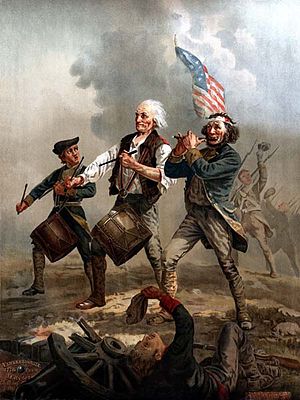Word History of the Week: Toilet
Today in word history, we’re venturing into the bathroom, into the WC, into the lavatory, and talking about the toilet.
The word toilet started out rather different than we now know it now. The word came into the English language around the 1600s and 1700s, deriving from the French word toile or towel/cloth. This word specifically referred to a cloth lied over a man or women’s shoulder while their hair was being dressed. The word then evolved from that and began to refer to everything involved with dressing: the table at which you dressed, or prepared, yourself, the room in which you did it, and even the time at which you visited with friends while preparing yourself in the evening. It’s this meaning that is used in sentences such as the follow, from The Count of Monte Cristo, that sounds down right silly if you use the contemporary meaning:
“The countess,” said Morcerf, “was at her toilet when she was informed of the visit she was about to receive…”
This same silliness is shown with phrases like toiletry bag or eau de toilette but points out how the word is used both in the old, and in the contemporary sense, in the English language.
So how did we go from dressing room to flush machine? The contemporary definition of the word toilet depends on the dialect or region of where the word is being used. In many places, the word simply refers to the room (“I’m going to the toilet.”) and other times refers directly to the piece of equipment one uses (“Don’t drop your tooth brush in the toilet!”). But from the research I did, I was not easily able to find how the word grew to reference the sanitary fixture directly. It may have very well been that it was the easiest thing to call it, instead of making up a new word for it.
What is most fascinating about the word toilet is not the actual history, but the number of different words used to refer to it. I’ve already used a few in this article: WC, or water closet, and lavatory, but the list is practically endless. Here’s a quick list of different toilet words, either describing the room or the fixture:
- Restroom
- Bathroom
- Loo
- Privy
- Latrine
- Dunny
- Outhouse
- Powder room
A lot of these words developed in specific parts of the world, during specific times. Dunny is an Australian word for outhouse, latrine is common in the military. WC is interesting because despite it being of English origin, this term is more commonly used in non-English speaking countries.
I don’t have any citation for this, but it may be that the toilet has more names than any other item in the home. How do you refer to the toilet, and do you use a word that isn’t on this list? Do you think the different words provide a different description, or do they all mean the same thing?











I don’t have another name, but I do have an idiom – I remember being very confused as a child when my grandma said she was “going to spend a penny”.